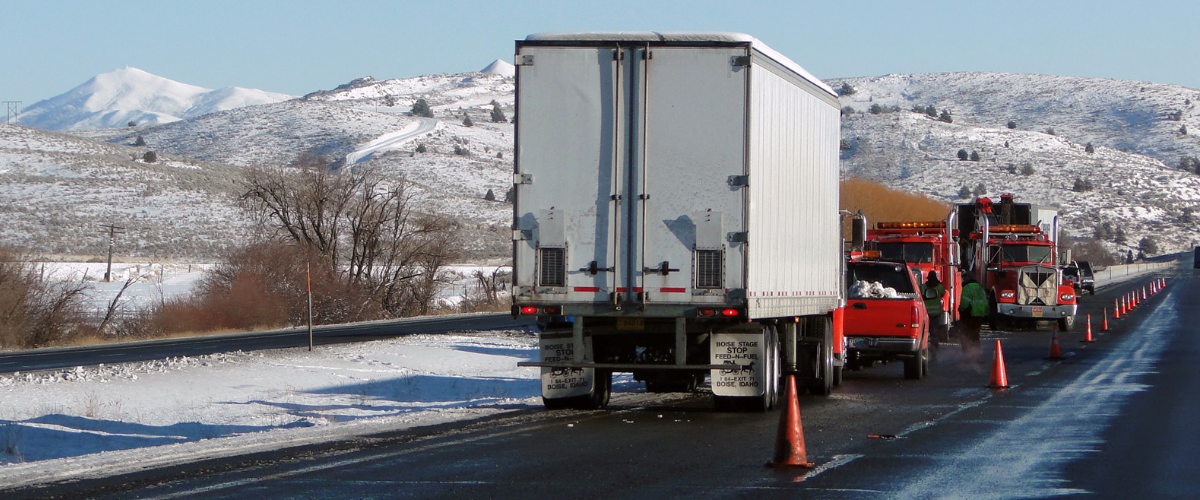How to Avoid a Car Accident

Spending long hours on the road puts truck drivers at a higher risk for being in an accident. Despite the increased regulations and advanced safety equipment that are intended to reduce the number of accidents, the number trucking accidents continues to increase each year. The Institute for Highway Safety (IIHS) estimates that 3,986 people died from fatal truck crashes in 2016, which is 134 more than the previous year. But what is more shocking is that the 2016 numbers represent a 22 percent since in fatalities since 2009.
Here are a few things you can do to avoid colliding into cars:
- Don’t drive fatigued. When you drive when you are drowsy, your reaction time and ability to make quick decisions suffers. Make sure to follow the FMCSA hours-of-service rules of driving no more than 11 hours a day. And if you are fatigued, stop to rest or get some fresh air.
- Don’t drive distracted. Distracted driving is one of the leading causes of car crashes. Anything that can take your eyes off the road for just a few seconds can cause you to crash. The use of handheld cellphones is prohibited, so you must use a hands-free device when driving. If you need to check your GPS for an alternate route, the safest thing is to pull off at a rest stop instead of trying to do it while driving.
- Be alert to other vehicles around you. You can’t control the actions of other drivers. But you need to always be ready to react if someone cuts you off, stops suddenly in front of you or suddenly appears out of your blind spot.
- Never drink or use drugs. There is zero tolerance for driving under the influence. If you are involved in an accident, you will be required to be tested for drugs or alcohol in your blood.
- Don’t speed. Because the weight of your truck and load are much more than that of a car, the risk of serious injuries increases because of your rig’s greater force of impact. Always obey speed restrictions and slow down if it is raining or poor road conditions exist. Taking a curve too fast could cause you to lose control or roll your truck.
- Don’t overload. Your truck may already outweigh a car 20-30 times over. Overloading it makes it more dangerous to control when you need to stop.
- Don’t follow too closely. Do not tailgate other drivers on the road. If they stop short, you might not be able to prevent your truck from skidding.
- Avoid sudden stops. Because of your truck’s weight, a sudden stop could cause you to skid. But it also could cause the driver behind you to rear-end you, too.
- Inspect your vehicle daily. Before heading out on the road, do a quick visual inspection as you walk around your truck. Make sure that your tires are in good condition and tire pressures are at their recommended PSI. Check to see that all your lights, signals and brakes are also working.
- Keep your rig maintained. The DOT and the FMCSA require truckers and carriers to regularly inspect their rigs and keep records of maintenance and repairs performed. Failed brakes and tire blowouts can lead to devastating crashes. Don’t ignore these problems, get them fixed.
It is everyone’s responsibility to follow the rules of the road. But as a truck driver, you are held to a higher level of accountability. Following these tips can help keep you and the other drivers around you safer.


